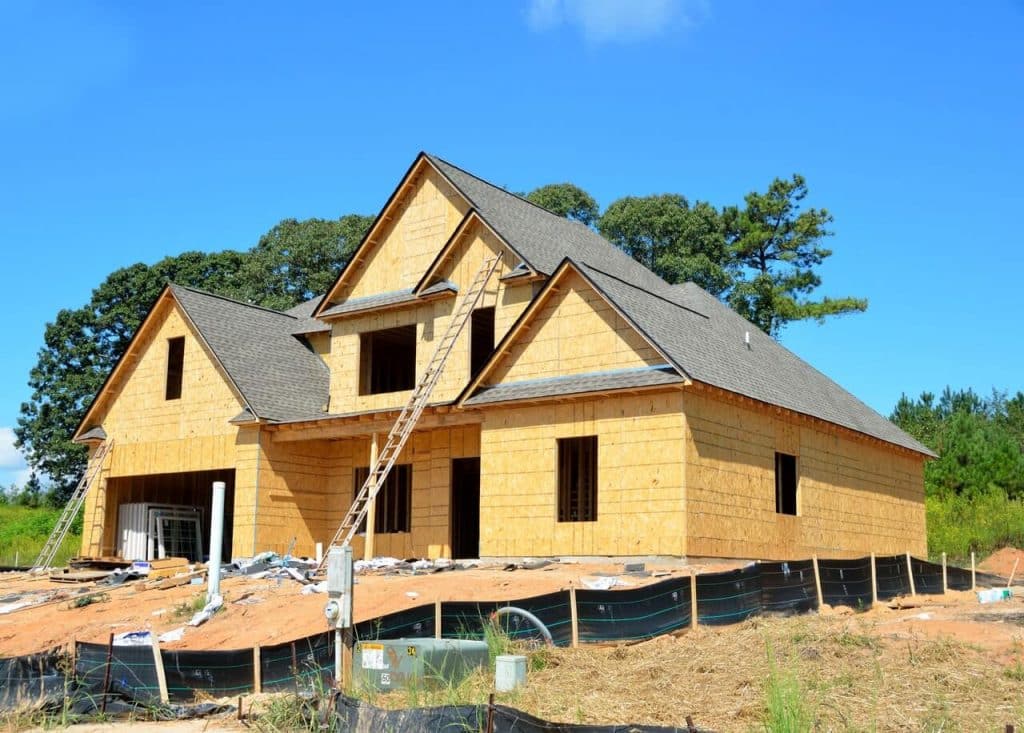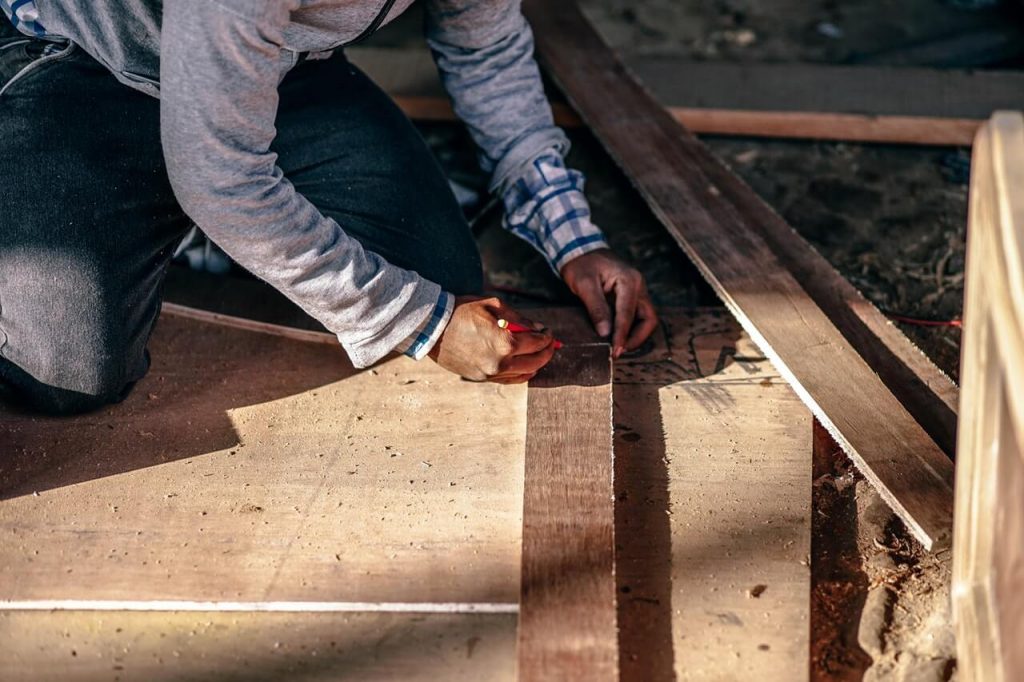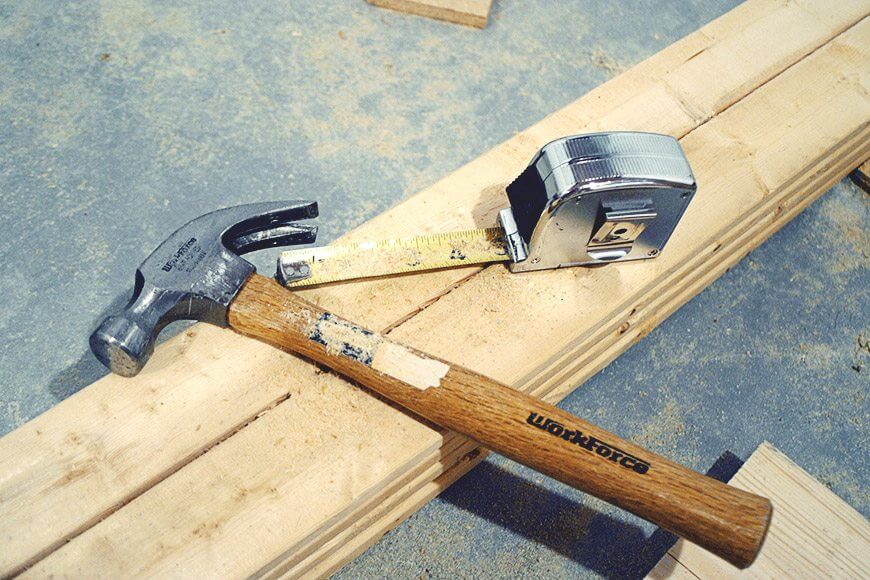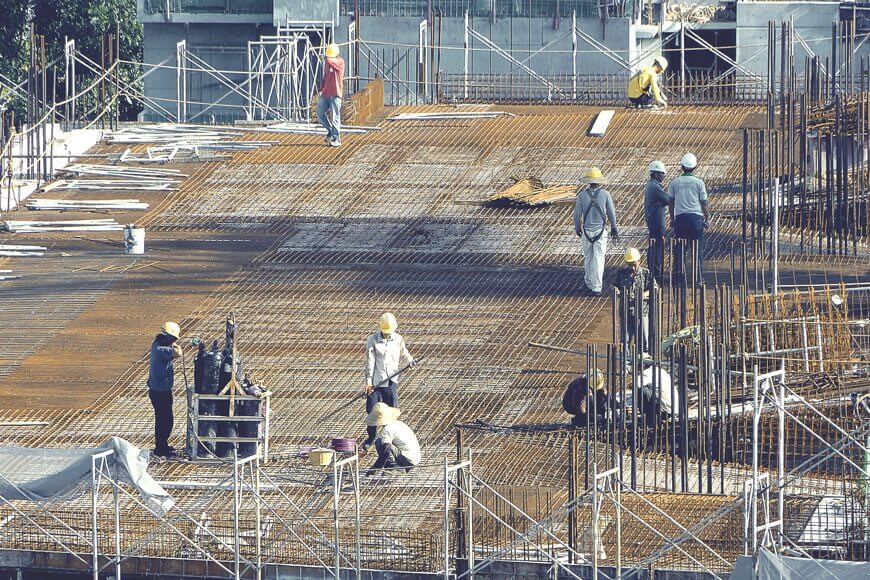First things first:, self-build could either me be doing it or seeing other people doing it! Let’s start with me doing it, should we.
My background and experience
It was my Grandad who insisted that when I had a house, if any work needed doing, I bought the tools and learnt to use them. That’s what comes of being brought up in a ship-building town! That’s what I did. Started out as DIY-ing it and moved on to buying old houses, refurbishing them and re-selling.
I learnt nearly every skill in the building trades! In those days what we know as self-building today was a very rare event. I never did any of that ,but I did build rear extensions. These were to put kitchens and bathrooms in 2-up, 2-down places, which had been built without these modern amenities!
Find here: The Biggest Construction Blogs
Anyway, local recessions followed by economic up-turns, eventually put me out of business. But what I had learnt by then was enough to get me grabbed as a Site Agent for a house-builder. I was pretty good at that! We laid the foundations then waited for a buyer. As soon as they signed the contract, we started building.
Their new house was ready for them to move into six weeks later! Half the usual time, so I’d obviously learnt something from my “self-build” days!

During that same era, but in what today seems a different life-time, I was the heavy-side manager of a builders’ merchants. In four years at that, we only saw about 4 people who were self-building in today’s sense of building their own houses.
Of those, two brought in their drawings for us to price the materials for them, and their drawings of two-storey houses didn’t have a staircase! That taught me that architects aren’t perfect!
All four of these people took well over a year to get their houses built; something I’d been doing in 6 weeks!
That taught me that something as simple – to me – as sticking up a house, wasn’t that simple to most people!

They had been inputting what labour they were capable of, but using small local contractors for most of the work. This implies that small jobbing builders either are cowboys, who were ripping off their clients, or that they too found actual house-building a bit complex to organise. Now I knew these builders, and they were straight guys, honest in their business ethics and good at their trades, but I did something they didn’t when I was house-building – I came up with a Programme of Works.
The other problem the builders and their clients had was cash flow. Materials, labour and plant, that all had to be paid for and organised for there to be the cash available to pay when it was needed, often got side-lined.
So what did I learn from these two aspects of self-building?
I’ll tell you. Here is a little list about what I learned.
1. Before you get going on anything else, get someone who knows about these things to look at your architects drawings!
Make sure you have a staircase in it! Actually, if you take them in to your local Builders Merchants to get prices, the Heaviside Manager will do this for you. Make sure it is him though, not some young sales person
2. “The most important thing to know, is what you don’t know!”
If you are going to get into self-building, accept it as a fact if you know little or nothing about it. Work out your finances to pay someone experienced to act as your Project Manager if you feel you know too little. Even if you come from a construction trades background, this is applicable! You know how complex your own trade is; everyone else’s is the same!
3. Get a Detailed Programme to Completion, showing every task in order, and how long it will take to do it
GenieBelt will e-mail you one if you ask! You’ll have to work out the time-scales with the help of someone, who knows these things. Then you can work out your cash-flow and speak to your money supplier to arrange what you need to be available when you need it!
4. Get prices from at least three reputable builders
But before you do that decide if they will be supplying just labour and you supply the materials, or they supply both. Tell them they will be working strictly to your Programme. They’ll need to know when they are supposed to be arranging for the different trades to be on your job. Don’t necessarily accept the cheapest price. Go for the one who gives you the feeling of most confidence.
5. Put them on a JCB Minor Works Contract and specify the date your house has to be completed for you to move in
If they run late they will not get paid all they expect!
6. Get ready for a very hectic time before you can move into your new Dream Home!
[clickToTweet tweet=”Check out these useful tips for #selfbuilding. ” quote=”Share these #selfbuilding tips ! “]




